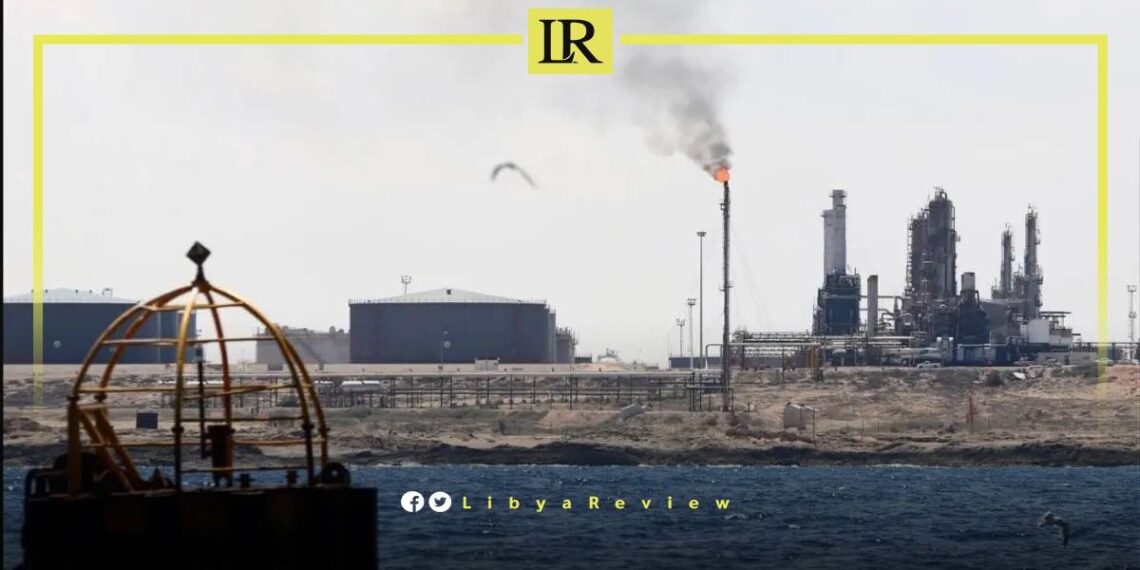The Spokesman for the Fezzan Gathering, Abu Bakr Abushreia stated that the oil fields in southwestern Libya will remain closed until protesters’ demands are met.
In remarks to “Alwasat News” on Wednesday, Abushreia explained that they are demanding their “political, economic, social, and service rights.”
Protesters from Fezzan announced the closure of the Sharara oil field two weeks ago, after the expiration of the deadline to respond to their demands. Their demands include improved services, and fuel and gas availability, and were holding the National Oil Corporation (NOC) and the government fully responsible.
The protesters are calling for the provision of fuel and its derivatives in Fezzan, the activation of the decision to establish a refinery in the south, maintenance of deteriorating roads in Fezzan cities, the appointment of graduates from the region, and the restructuring the Fezzan Reconstruction Fund.
The NOC declared a “state of force majeure” on the Sharara field starting on 7 January due to the closure, resulting in the suspension of supplies from the field to the Zawiya port in western Libya.
The Corporation emphasized that it had initiated negotiations with the protesters “in an attempt to resume production as soon as possible.”
The field, a major source of revenue for the country, has been a frequent target of protests and blockades, reflecting ongoing regional and political tensions within Libya.
The declaration of force majeure, a legal term used by companies to relieve them from contractual obligations due to circumstances beyond their control, underscores the severity of the situation and its potential impact on Libya’s oil output and economic stability.
The NOC’s announcement is expected to have substantial implications for the oil industry, which is a critical component of the national economy, and a significant player in the global oil market. This disruption poses challenges not only for Libya’s domestic financial stability, but also for international oil prices and supplies.
As the situation unfolds, further updates and responses from both Libyan authorities and international stakeholders are anticipated.

